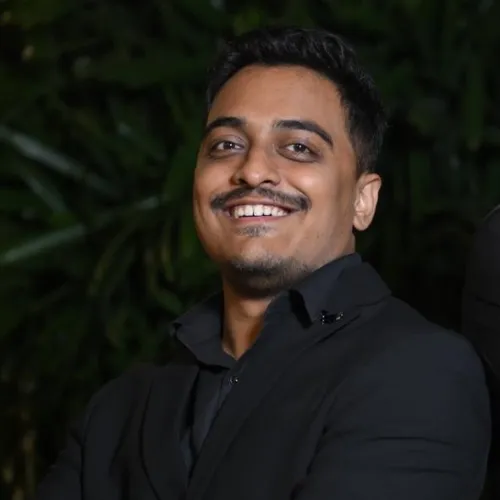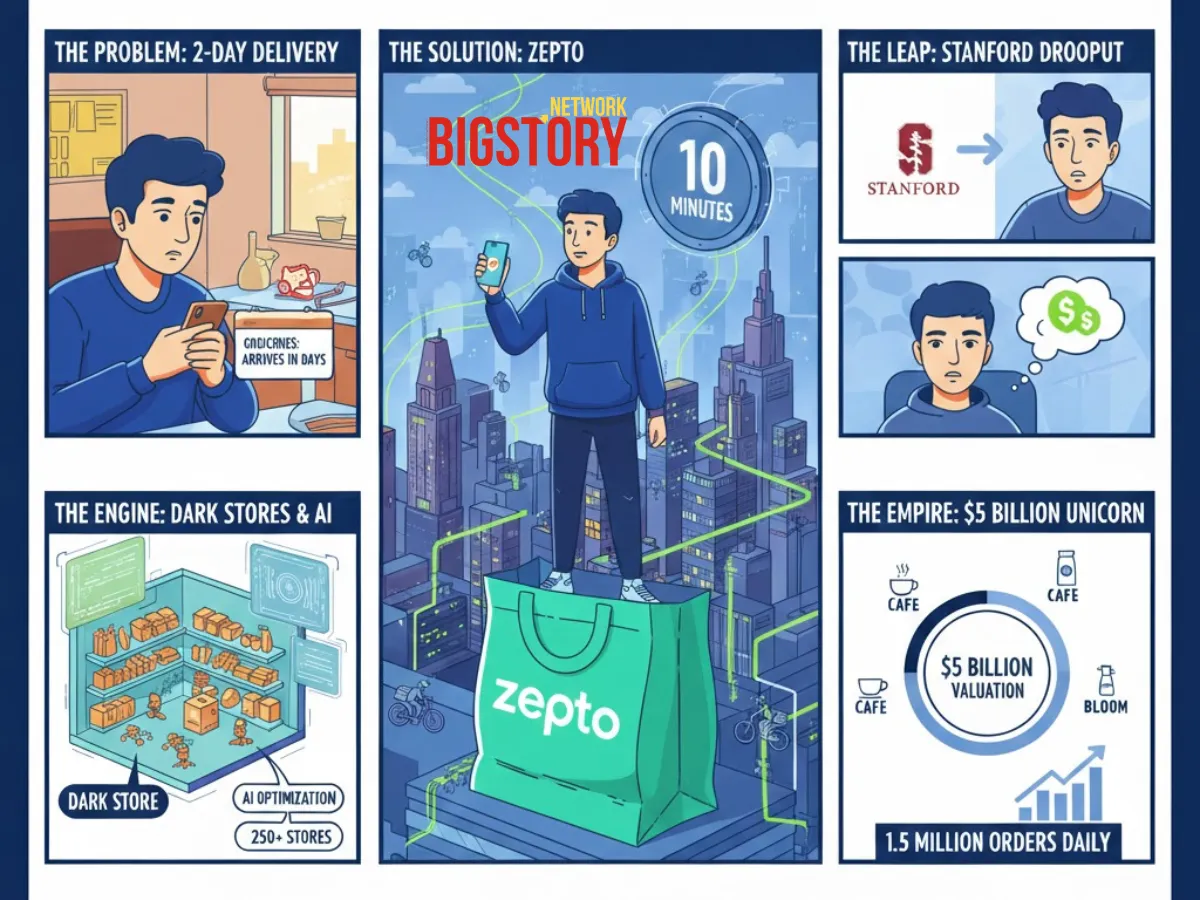Samsung AI Forum 2025 – Dates, speakers, themes, expert reactions, and geopolitical context in one concise summary.
 Minaketan Mishra
Minaketan Mishra

Samsung Electronics hosted its ninth Samsung AI Forum on September 14–15, 2025, at its UniverSE campus in Yongin and through a global livestream. The event drew top researchers, executives, and industry leaders to discuss the future of AI in semiconductors, mobile, and agentic AI systems.
Since its launch in 2017, the Samsung AI Forum has acted as a bridge between academia and industry, setting the research agenda for cutting-edge AI.
This year’s sessions underlined Samsung’s push to differentiate in semiconductors, especially at a time when chip leadership defines global tech influence.
The focus on AI semiconductors highlights global sensitivities, especially with the U.S. tightening export controls on AI chips to China. The private nature of certain sessions shows that AI-powered chips are now a matter of strategic security and global competition, not just business.
Q1. What is the Samsung AI Forum?
It’s an annual AI research conference started in 2017 by Samsung to showcase breakthroughs, invite global experts, and set long-term AI strategies.
Q2. What was the theme of Samsung AI Forum 2025?
Day 1 focused on AI strategies for the semiconductor industry, while Day 2 explored the shift from generative AI to agentic AI.
Q3. Why is agentic AI important?
Unlike generative AI, which produces text, code, or images, agentic AI systems can act autonomously—for example, handling tasks, making real-time decisions, or managing workflows without human prompting.
Q4. Were any products launched at this year’s forum?
No. Samsung used the platform to outline research directions and semiconductor strategies rather than unveil new consumer products.
Q5. Who were the standout speakers?
Key Samsung leaders (Jun Young-hyun, Song Yong-ho, Paul Cheun) and AI experts like Yoshua Bengio and Amit Gupta shaped the discussions.
Q6. Why is the forum geopolitically significant?
Because AI semiconductors are critical to national competitiveness—the U.S., China, Korea, and Europe are all racing to secure leadership in advanced chip technologies.






Sign up for the Daily newsletter to get your biggest stories, handpicked for you each day.
 Trending Now! in last 24hrs
Trending Now! in last 24hrs



